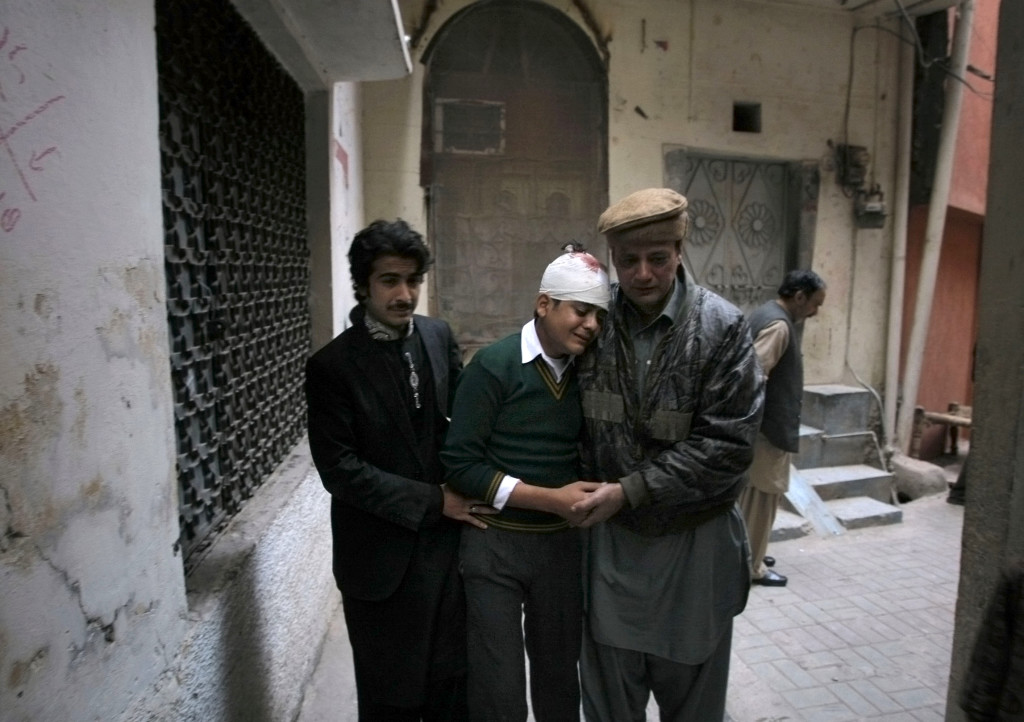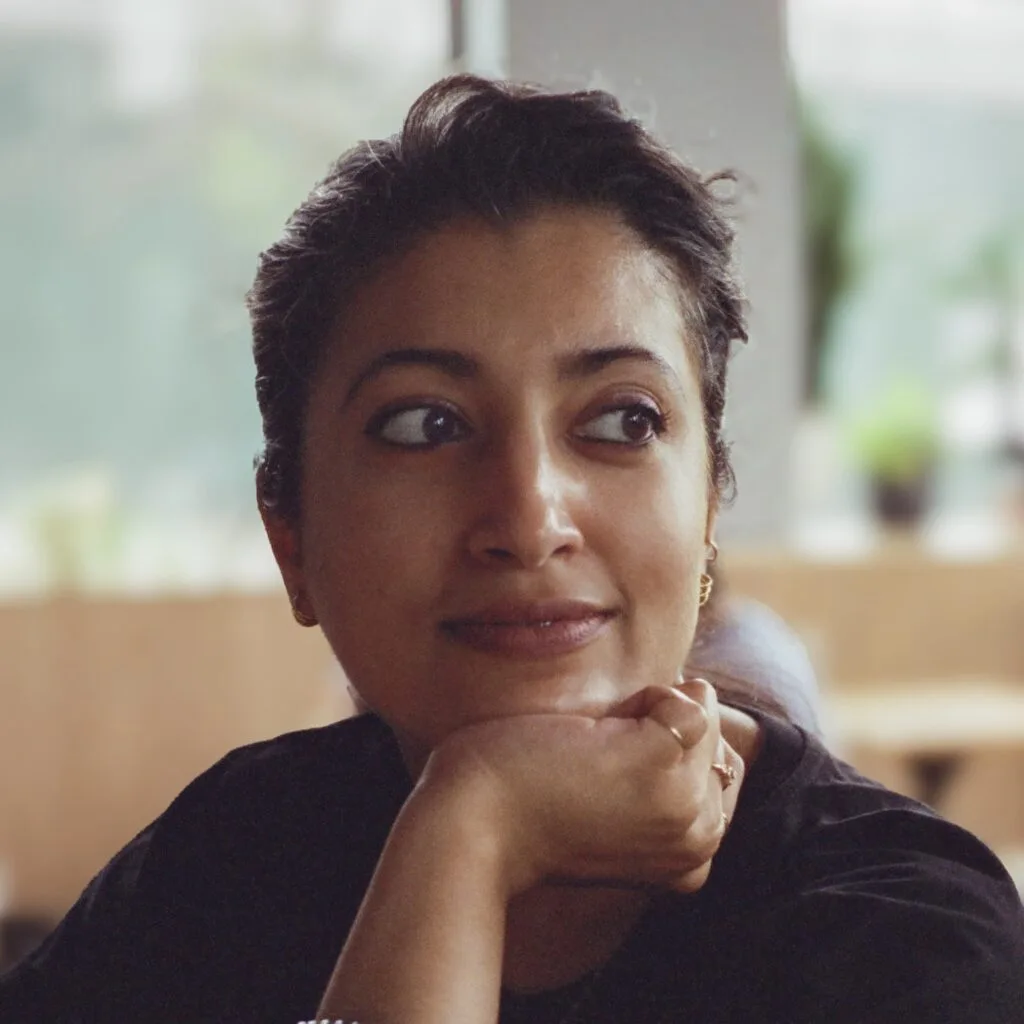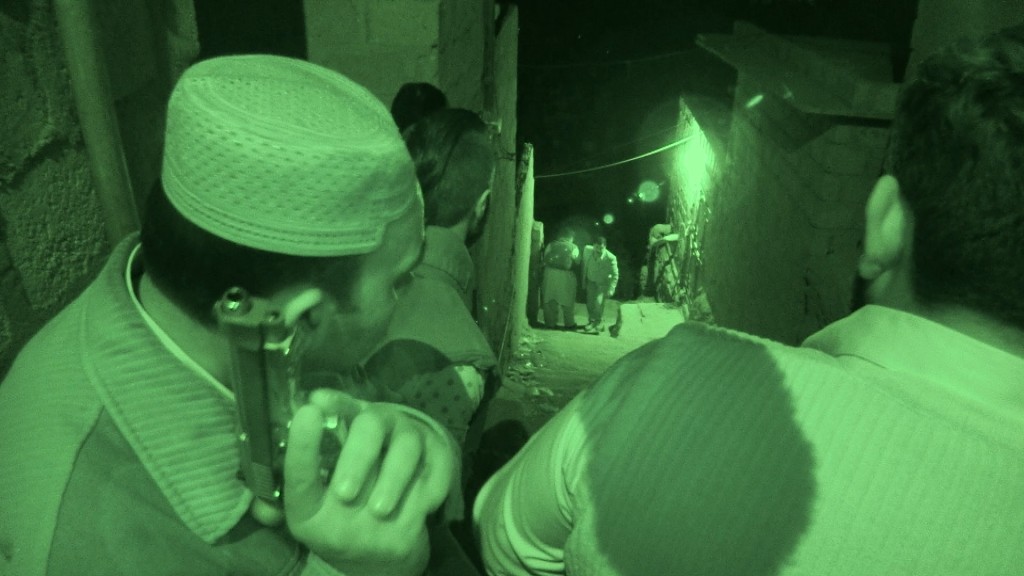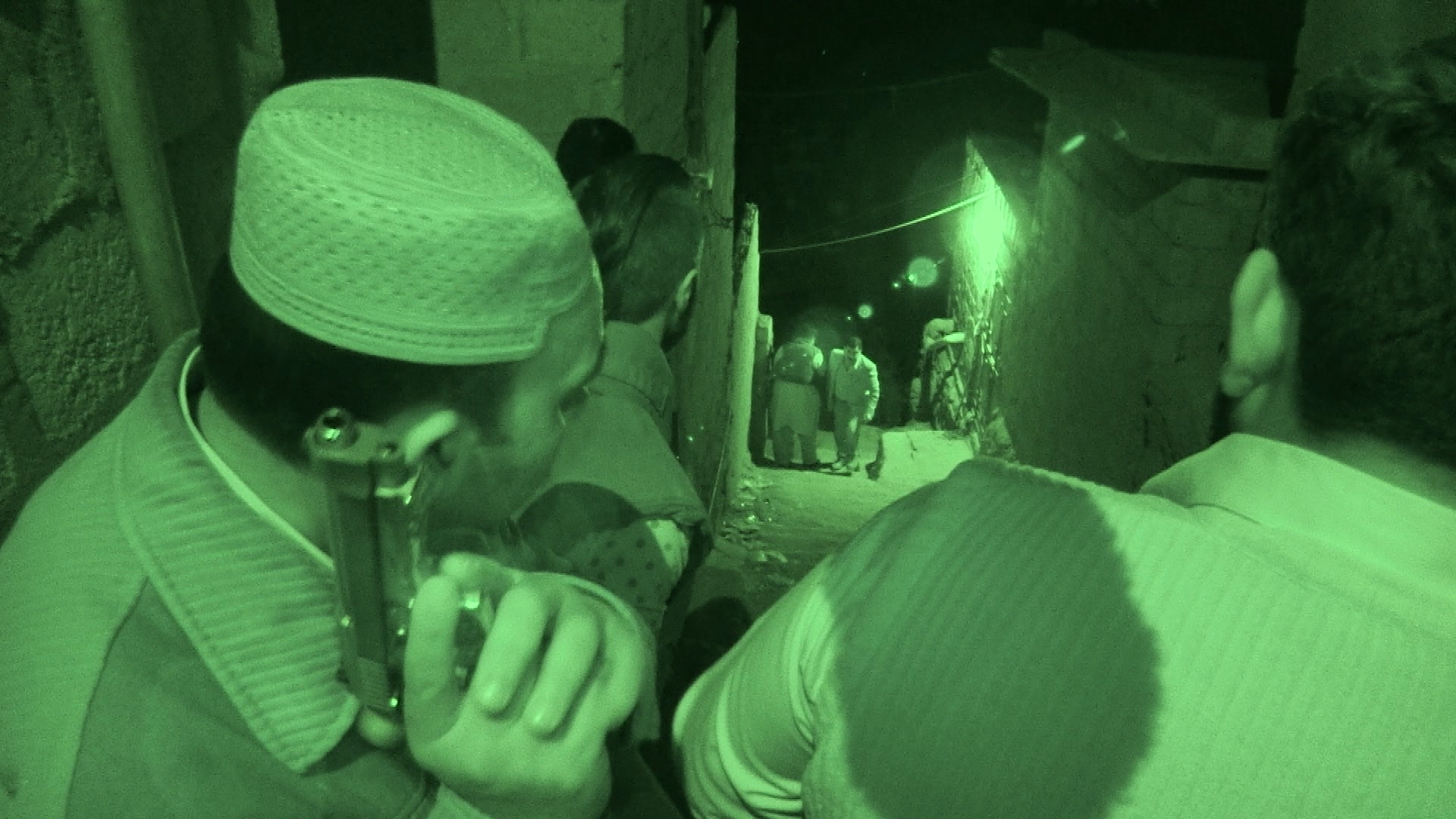Taliban Attack On Pakistani School is Deadly and Symbolic

December 16, 2014
Share
Pakistan is no stranger to militant attacks, but the brutal assault that left at least 132 children dead at an army-run school in Peshawar on Tuesday shocked the nation.
It also drew international condemnation, from the likes of U.N. Secretary General Ban Ki-moon, U.S. President Barack Obama and Indian Prime Minister Narendra Modi.
The Pakistani Taliban claimed responsibility for the attack, which involved at least nine suicide attackers opening fire inside the school. At least 16 others were also killed, according to the latest figures.
Analysts point out that the Pakistani Taliban has targeted children before, in addition to attacking other civilian targets including mosques, churches and hospitals in recent years. Death tolls for some of the group’s biggest attacks last year reached into the 80s.
“What makes this attack so unprecedented is one, you have such high casualties, and two, you have an attack on a school,” said Michael Kugelman, a South Asia expert at the Wilson Center. “Both have happened separately. The Taliban has blown up schools for years. It’s targeted kids. It shot Malala Yousafzai. But as far as I know, there hasn’t been an attack in Pakistan, or elsewhere, that has killed so many kids.”
Also read: Meet the New Head of the Pakistani Taliban
“They started shooting the moment they entered the school premises,” Pakistani military’s spokesman Maj. Gen. Asim Bajwa said, according to Pakistani media. “Their sole purpose, it seems, was to kill those innocent kids.”
In a statement claiming responsibility, the Pakistani Taliban said the attack on the school of about 2,500 students was in retaliation for a military operation in the nation’s North Waziristan region. The Pakistani army launched the operation in June to clear what’s thought to be one of the last strongholds of Taliban and Al Qaeda-linked militants.
Targeting an army-run school in retaliation was also a highly symbolic choice, according to experts.
“They always justify their attacks by saying the Pakistani army is killing women and children,” Bill Roggio, who tracks Taliban activity as editor of The Long War Journal, told FRONTLINE. “In this case, they’re trying to intimidate officers by targeting the school, because a lot of times the cadets’ parents are members of the military.”
What makes the attack particularly striking, added Kugelman, is that it hit what is arguably Pakistan’s most powerful institution, the army.
“The Pakistani army likes to hold itself up as a protector, even a savior, for a country that has faced all types of threats,” Kugelman said. “The fact that the Taliban has just gone in with just five or six men, and has been able to take hostage 500 people, and kill more than a quarter of them in an army-run school sends a powerful message that the army can look vulnerable.”
Note: This post was updated on Friday to reflect the latest death toll from the attack.

Related Documentaries
Latest Documentaries
Related Stories
Related Stories
Explore
Policies
Teacher Center
Funding for FRONTLINE is provided through the support of PBS viewers and by the Corporation for Public Broadcasting, with major support from Ford Foundation. Additional funding is provided the Abrams Foundation, Park Foundation, John D. and Catherine T. MacArthur Foundation, Heising-Simons Foundation, and the FRONTLINE Trust, with major support from Jon and Jo Ann Hagler on behalf of the Jon L. Hagler Foundation, and additional support from Koo and Patricia Yuen. FRONTLINE is a registered trademark of WGBH Educational Foundation. Web Site Copyright ©1995-2025 WGBH Educational Foundation. PBS is a 501(c)(3) not-for-profit organization.





















